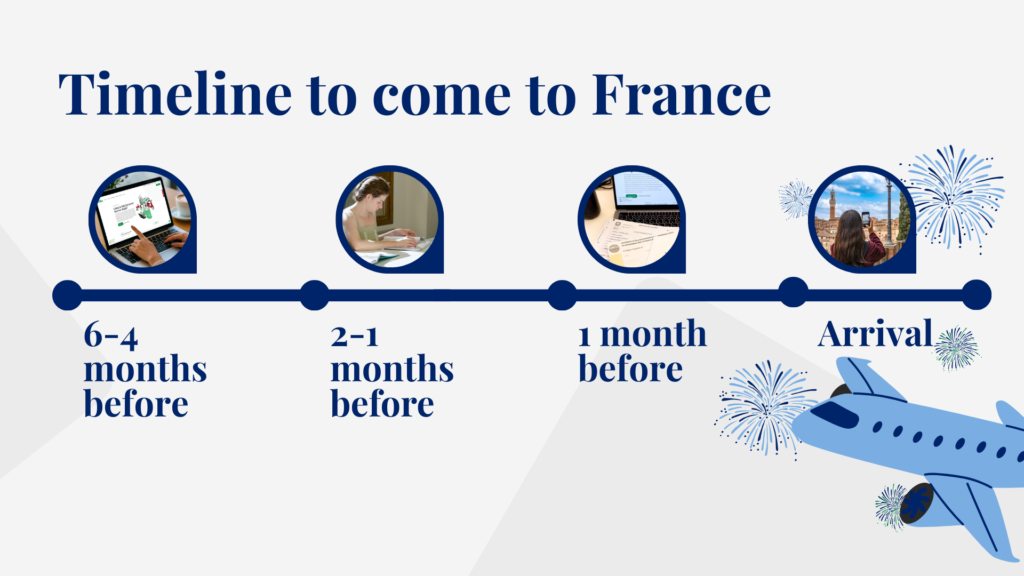Learning a new language is always an exciting journey, but mastering the sounds of French can be particularly challenging for newcomers. French is a beautiful language with unique phonetics that require special attention and practice.
In this article, we will explore effective techniques and exercises that will help you master French sounds and speak with confidence.

Understanding the Basics of French Phonetics
Before diving into exercises, it’s crucial to understand the basics of French phonetics. Unlike English, French has nasal vowels, silent letters, and specific sounds that don’t exist in English. Additionally, French has several unique sounds that can be particularly challenging to pronounce.
Nasal Vowels
Nasal vowels in French are produced by allowing air to escape through the nose as well as the mouth. They are distinct sounds and can change the meaning of a word.
Examples:
- an /ɑ̃/ as in “sans” (without)
- en /ɑ̃/ as in “enfant” (child)
- in /ɛ̃/ as in “vin” (wine)
- on /ɔ̃/ as in “nom” (name)
- un /œ̃/ as in “brun” (brown)
Silent Letters
Silent letters in French are letters that are written but not pronounced. They often occur at the end of words.
Examples:
- “t” in “chat” (cat) – the final “t” is silent
- “s” in “temps” (time) – the final “s” is silent
- “d” in “grand” (big) – the final “d” is silent
- “x” in “beaux” (beautiful, plural) – the final “x” is silent
The French “R” (/ʁ/)
The French “R” is guttural and pronounced at the back of the throat, unlike the English “R,” which is pronounced with the tongue near the roof of the mouth. For example, “rouge” (red).
The “U” Sound (/y/)
The French “U” is pronounced with rounded lips, unlike any sound in English. It is a high front rounded vowel. For example, “lune” (moon).
The “EU” Sound (/ø/ or /œ/)
This sound can be either closed (/ø/) or open (/œ/), both pronounced with rounded lips but differing in tongue position. For examples: closed: “peur” (fear) and open: “sœur” (sister).
The “É” Sound (/e/) and “È” Sound (/ɛ/)
These are both front vowels, with “é” being a close-mid front unrounded vowel and “è” being an open-mid front unrounded vowel. For example, “é” in “été” (summer) and “è” in “père” (father).
Understanding these unique sounds and practicing them regularly will help you achieve better pronunciation and fluency in French.

Techniques to Improve Your French Pronunciation
Listen and Repeat
One of the most effective techniques is the listen-and-repeat method. Listen to native French speakers through podcasts, YouTube videos, music, TV shows or movies, and try to mimic their pronunciation. Pay attention to the rhythm, intonation, and the way they form their vowels and consonants.
Use Phonetic Resources
Phonetic resources, such as online dictionaries with audio pronunciations, can be invaluable. For example, Larousse offers a comprehensive French dictionary with definitions, synonyms, antonyms, and audio pronunciations. It is well-known for its detailed and accurate entries. This resource will allow you to hear the correct pronunciation of words and practice them.
Practice Tongue Twisters
Practicing tongue twisters is a fun and effective way to enhance your pronunciation. French tongue twisters, or “virelangues,” help you practice difficult sounds and improve your fluency.
Here are some popular French tongue twisters, or “virelangues”:
- Un chasseur sachant chasser doit savoir chasser sans son chien.
A hunter who knows how to hunt must know how to hunt without his dog. - Les chaussettes de l’archiduchesse, sont-elles sèches ou archisèches ?
Are the archduchess’s socks dry or very dry? - Si mon tonton tond ton tonton, ton tonton sera tondu.
If my uncle shaves your uncle, your uncle will be shaved.
Try repeating these tongue twisters multiple times to practice your pronunciation and fluency. They are a great way to challenge yourself and have fun while learning French.
Practice Pairs
Minimal pairs are pairs of words that differ by only one sound, such as “beau” (beautiful) and “botte” (boot), or “pain” (bread) and “main” (hand). Practicing minimal pairs helps you distinguish between similar sounds and refine your pronunciation. You can find lists of minimal pairs online, and most of these lists are compatible with flashcard and spaced repetition systems like Anki.
Recording Yourself
Recording your speech is a great way to self-assess and identify areas for improvement. Read a passage in French, record it, and then listen to it while comparing it to a native speaker’s pronunciation. Note any differences and work on those specific sounds.

Immersive Classes to Master French Sounds
To truly master French pronunciation, consider taking specialized pronunciation or phonetic classes. Enrolling in a French language school in France provides you with an immersive experience. Schools such as Alliance Française in Toulouse offer pronunciation workshops in addition to general French classes, focusing on the nuances of French phonetics. Practicing your oral skills with native speakers is invaluable for honing your pronunciation in a real-world context.





